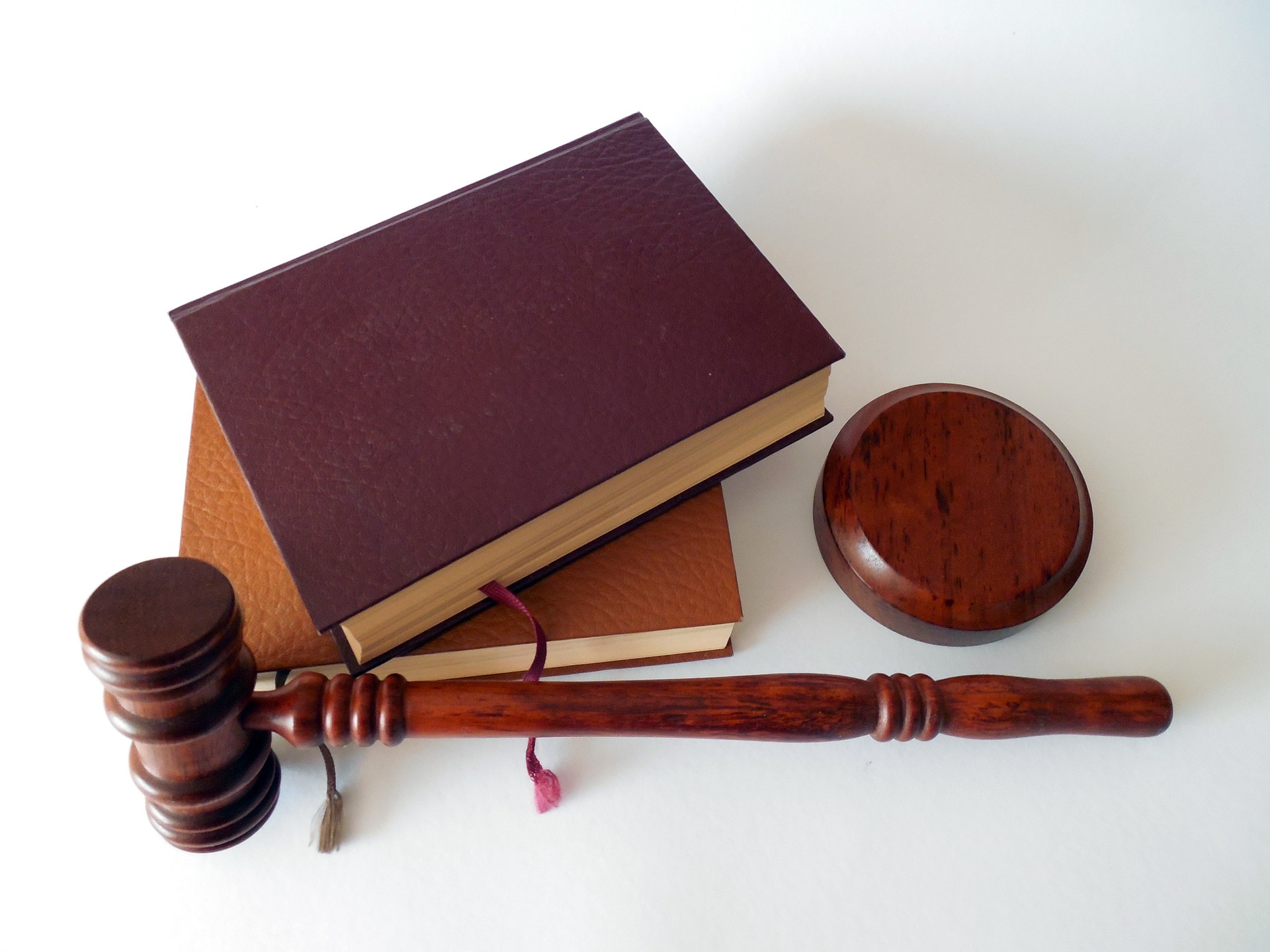Deciphering the Implication of the Citizens United Ruling on American Politics
American politics has always been a complex tapestry of legislation, court rulings, and policy changes. Of these, the Citizens United v. Federal Election Commission ruling, decided by the Supreme Court in 2010, has had one of the most significant impacts on the landscape of political campaigning and financing. This article delves into the backdrop of this controversial ruling, its current implications, and its impact on society.
Unraveling the Background: Citizens United v. Federal Election Commission
The roots of the Citizens United case lie in the complex world of campaign finance. The case stemmed from a dispute over whether the non-profit organization Citizens United could air a film critical of then-presidential candidate Hillary Clinton, and whether it could advertise the film during television broadcasts, which was a violation of the 2002 Bipartisan Campaign Reform Act (BCRA).
The Landmark Decision and Its Legal Significance
In a 5-4 decision, the Supreme Court ruled in favor of Citizens United, arguing that the First Amendment protects corporations and unions’ rights to spend money on political activities. The decision effectively overturned parts of the BCRA and previous campaign finance laws, unleashing a new era of political spending.
Current Relevance: Super PACs and Dark Money
The Citizens United ruling gave birth to Super PACs (Political Action Committees), organizations that can raise unlimited funds from corporations, unions, and individuals to spend on advocating for or against political candidates. This has led to the rise of ‘dark money’ – political spending by non-profit organizations that do not have to disclose their donors.
Implications and Impact: Democracy or Plutocracy?
The implications of the Citizens United decision are far-reaching and hotly debated. Critics argue that it has led to a distortion of the political system, favoring the wealthy and powerful, and undermining the democratic principle of ‘one person, one vote.’ Proponents, however, believe that it has enhanced free speech rights and the democratic process by enabling more voices to participate in political discourse.
The Future: Reform or Repeal?
The debate over the Citizens United ruling continues to rage, with some advocating for its outright repeal, while others calling for more modest campaign finance reforms. As it stands, the ruling has indelibly shaped the landscape of American politics, and its effects will continue to ripple through future elections and legislative decisions.
The Citizens United ruling is an exemplar of how a single court decision can dramatically alter the political and legal landscape of a country. It serves as a sobering reminder of the power of the judiciary and the far-reaching implications of its decisions. Whether one views the ruling as a victory for free speech or a blow to democratic equality, its impact on American politics is undeniable.





